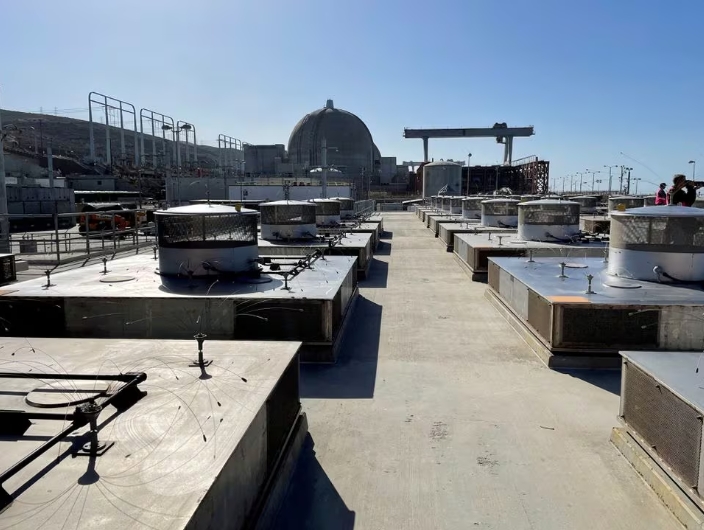
The DOE is seeking contracts for a maximum of 10 years from enrichment service companies to produce so-called high assay low enriched, or HALEU, uranium fuel that is enriched up to 20%, compared with traditional uranium fuel used in today's reactors of about 5%.
The department has about $500 million in funding for HALEU production from the 2022 Inflation Reduction Act, and sought proposals late last year for additional HALEU production services. The program could be expanded in coming years, depending on congressional appropriations.
HALEU is expected to be needed for a planned generation of reactors in the works by companies including X-energy and TerraPower, but output has been delayed as the reactors are not yet built.
"It's a chicken-or-egg sort of process," Jon Carmack, the department's deputy assistant secretary for nuclear fuel cycle, said in an interview. Carmack said the government needs to invest enough money to show initial demand for producers, so they will build capacity, apply for licenses and get HALEU plant design and construction projects underway.
President Joe Biden's administration sees the new reactors and maintaining the current fleet of nuclear plants as critical for its climate change agenda. Ali Zaidi, Biden's national climate adviser, said boosting domestic uranium supply will increase energy security, generate high-paying union jobs, and boost economic competitiveness.
Nuclear proliferation experts warn that an increased dependency on HALEU around the world could increase proliferation risks because the fuel is closer to fissile material for nuclear weapons than traditional fuel.
The only company currently selling commercial shipments of HALEU is TENEX, part of Russia's state-owned energy company Rosatom.
Centrus Energy (LEU.A), the only U.S. company with a license to produce HALEU, and which is supplying the DOE with a small amount of the fuel for demonstration purposes, was encouraged that the request for proposals could lead to more production at its plant in Ohio. Centrus "looks forward to the opportunity to compete for the funding necessary to expand our production," said spokesperson Lindsey Geisler.
European uranium enrichment company Urenco could also eventually produce U.S. HALEU but does not yet have a license to do so. Urenco did not immediately respond to a request for comment.